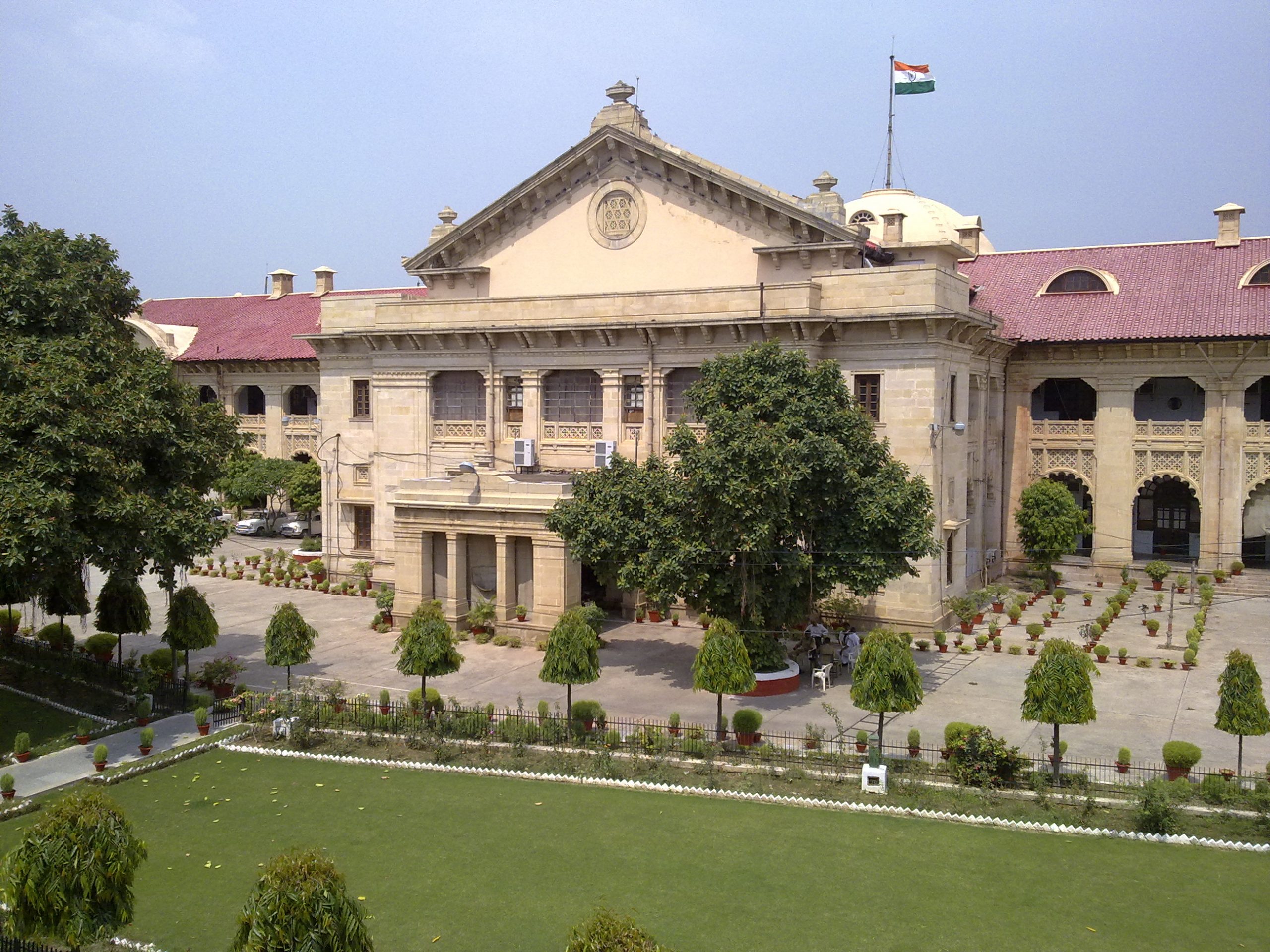Now Reading: How to succeed in managing life in a Law School, Read to Know
-
01
How to succeed in managing life in a Law School, Read to Know

How to succeed in managing life in a Law School, Read to Know
Legal Profession is generally acclaimed as one of the noble profession in the entire world. The Indian Legal System which is based upon the common law system, a system that we “gifted” to ourselves by ensuring its continuity even after our independence, is today one of the largest as well as the lengthiest justice delivery system in the world. Legal education in India has a diverse history of evolution making its way from the 3 year LL.B. courses after graduation to integrated 5 year Law courses right after 12th standard along with n number of specialties available in various branches. Prof. N.R. Madhava Menon started the culture of 5 year law courses in India to be taught in Law Schools- an idea which pioneered the setting up of National Law Universities in later phase.
Central Universities, National Law Universities, Traditional Universities and Private Universities:
Before going into the operational details of the academics and co-curricular activities of a law school, one needs to know about institutions which are imparting legal knowledge in the India. Here are the details:
Central Universities are those universities which are entirely funded by the Central Government. In 2009, Central Universities Act was passed by the Parliament under which 16 Central Universities were established by the government. Currently, there are two central varsities which provide five year integrated law program- Central University of South Bihar and Central University of Kashmir.
Merits: Inter-departmental interactions which develops an inter-disciplinary approach and Affordable fees.
Demerits: University’s rule may be in conflicts with the law school rules and regulations which may at times, lead to miscarriage of professional opportunities.
National Law Universities are the universities especially established for the sole purpose of providing professional infrastructure to the students of 5 year law courses. There are 18 NLUs at present in India.
Merits: Provides professional environment to the law students.
Demerits: Lack of inter-disciplinary holistic education, Fee structure is generally high and Law graduates from NLUs, generally inclined towards corporate law sector and firm culture which means that we are losing on our pro-bono side.
Traditional Universities are the universities like BHU, AMU, DU and Allahabad University which run 3 year and 5 year law courses (except DU).
Merits: Affordable Fees, Multi-disciplinary approach, Experienced and Expert team of faculties.
Demerits: Student Politics, Irregular classes and lack of professionalism.
Private Universities are those privately owned institutions which are actively imparting legal education in India. For eg: Amity, Lloyd, Symbiosis etc.
Merits: Corporate approach, Placements and exposure to International opportunities.
Demerits: High fees and if you are not in a reputed private college then it may not be beneficial for you.
Major activities in a Law School (5 year integrated program):
1. Moot Court: Moot Court is an exercise conducted upon any fictitious problem related to law in which law students take part by preparing pleadings, submitting memorials and arguing before the court. This exercise has been brought up in order to ensure that the law students are well aware of the basic ethics and documentation involved in a law suit. Students have to make a team of 3 (exceptionally 4 in certain cases) people- which consists of 2 oralists and 1 researcher. More than hundred mooting competitions are held in India every year by various colleges.
2. Paper Presentation and Publication: Researching is an integral part of the journey of a law school. The better you research, the sharper you are. Writing good papers and getting them published not only helps in career but also indulges you in diversified studies and develops good habits like book reading in you, which in turn pays you back in the long run. Call for papers are invited by various institutions and journals, one can explore and get published. Presentation develops your oratory skills while publication opportunities strengthen your research skills.
3. Parliamentary Debates: India follows parliamentary democratic form of governance. So it is advisable for the law students to take part in the Parliamentary Debates to get clarity in their views regarding the political and current state of affairs.
4. Seminars and Conferences: Legal studies’ is a subject which is beautified by the fragrance of almost every subject matter. A law student should actively take part in seminars and conferences so that he/she can get his/her conceptions clear about any issue directly through the experts of that particular field.
5. Other activities: Any activity which has not been included above can be included in this. This includes- Essay writing competitions, Judgment writing competitions, Client counseling competitions, Negotiation meets and street plays etc.
These are the major activities which a law student can do in a law school.
Now the question that if the students are indulged in these activities how well can they manage their academics?
A law student has to study around 60 papers in 10 semesters. These papers include almost all the spheres of law. Passing the exams may at times seem to be tough. In fact, there is a misnomer or rather a myth that if you have to excel in academics you will have to stay away from the co-curricular activities. This is the biggest lie that our law school ancestors have spread so far. One can easily manage his/her time and excel both in studies and activities.
How to manage time?
Before opting out any course after completion of the 12th class, think, rethink and repeat-then choose any course of the options available before you. Never choose law school just because you couldn’t get any IIT or MBBS college. Choose the law program only if you are interested, else it will be better if you take one year break and then decide a course for yourself. If you are passionate enough for law and lucky enough to get in any NLU or Central University, then you have a whole world of opportunities before you.
Here are a few easy techniques to manage your precious time between studies and co-curricular activities in a law school:
1. Make a routine: Include everything in your routine from time of studies to time of your sports and chilling out time. If you are in a hostel, then it is easier to follow your routine as it will be regulated by your mess timings.
2. Make a list of activities of your interest and divide them in parts in an order that ensures that you do/perform at least 6 activities per semester apart from your studies and academics.
3. Make a schedule of events in various categories like- National and International, Mooting and Paper Publications etc.
4. Set deadlines: It is generally seen that law students are complaining about deadlines. Set a deadline for every activity and stick to them.
5. Be honest to yourself and take part in only those activities in which you are interested by heart. never take part or perform any activity just because of peer presure.
By following these easy steps, a law student can easily manage his/her time and achieve success as well. After completion of 2 years of law school any prudent student will be able to decide his/her area of interest and if he/she performs the activities accordingly, he/she will be definitely successful. In this regard, it can also be said that internships also shape the future of a law student. It is advisable to choose only such internships that are of your interest and can help you in future as well.
\







